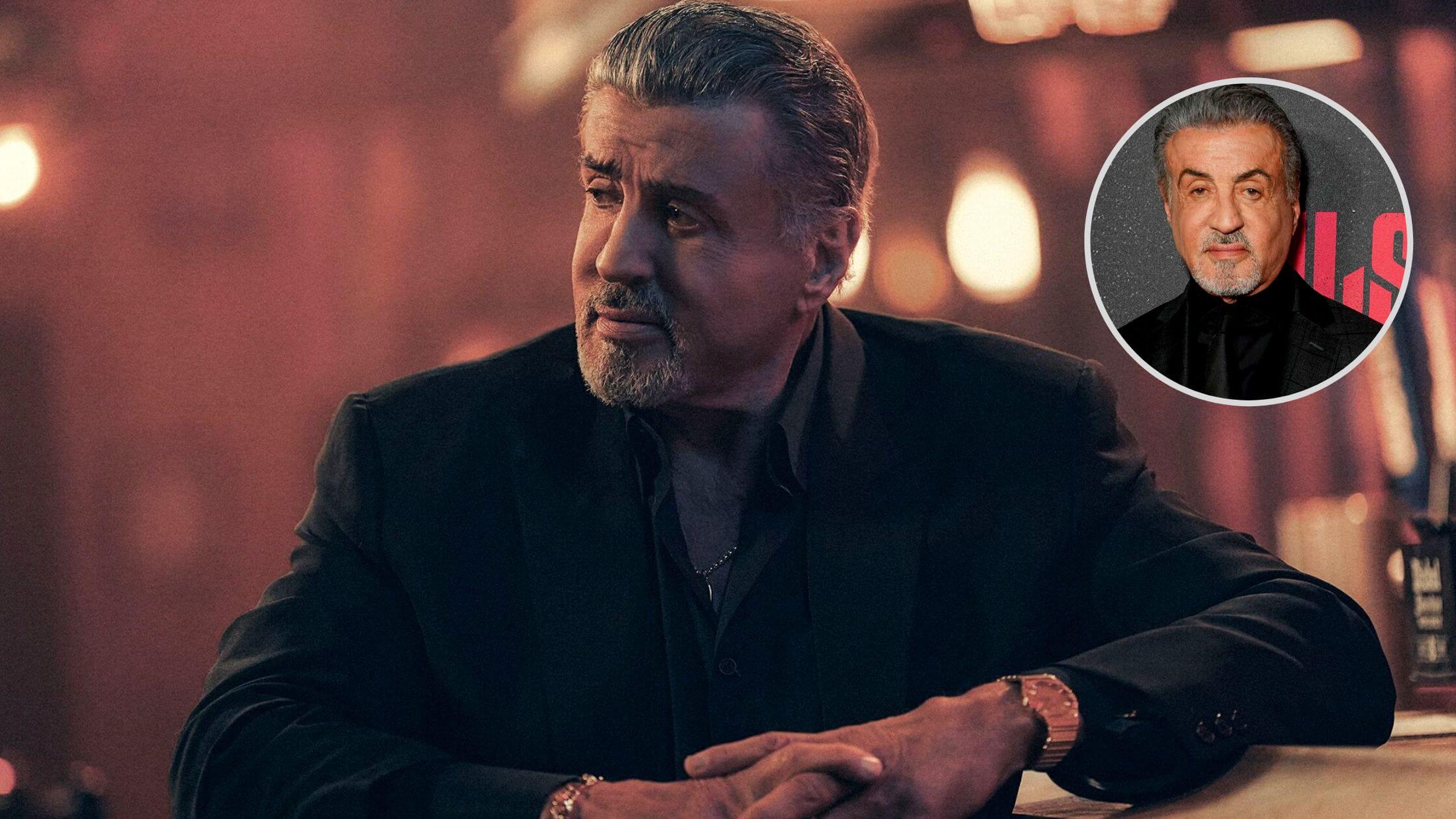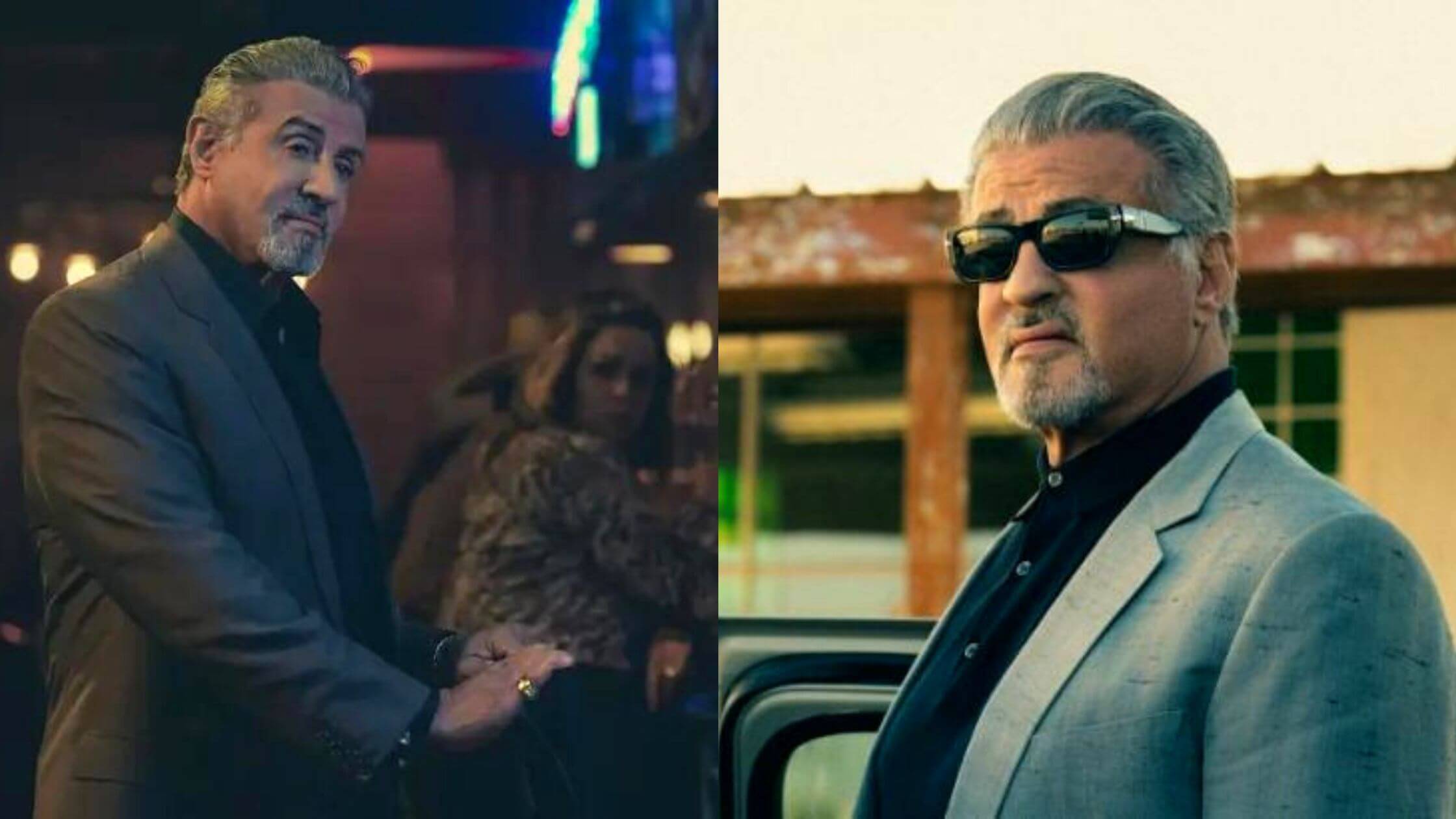Entertainment
In Paramount’s Tulsa King, Sylvester Stallone Tries To Turn Back The Time!

With “Tulsa King,” Sylvester Stallone plays his career’s first mob gangster role. The “Rocky” star talked about getting turned down for a gangster part in the past because he didn’t seem Italian enough when appearing as a guest on “Fox & Friends” on Friday.
Gangsters have this atmosphere for some reason, and Stallone feels left out every time. Stallone recalls attending the wedding as one of the 250 extras for his audition for “The Godfather.” When Stallone was turned down, he was always informed that he didn’t look Italian enough to fit the part of a gangster.
Following the achievement of “Yellowstone,” Paramount+ and producer Taylor Sheridan appears to have pounced on a broadcasting strategy centered around employing veteran Hollywood actors as an immediately available resource in a field notorious for age discrimination. So here comes “Tulsa King,” a lean vehicle for Sylvester Stallone that errs by explicitly portraying the mobster as an outsider.
The Most Dangerous Gansta Is Tulsa King
Before playing an interview from the new series, the “Rambo” star talked about his first mafia mobster role in “Tulsa King.” Stallone jokingly said that he was “finally” playing the part. Stallone’s first television role is in “Tulsa King,” which makes its debut this Sunday on the Paramount+ streaming app and the Paramount cable tv channel.

Sylvester Stallone claimed on Friday that making a TV show is considerably more complex than filming a movie. Stallone discovered that TV programs require far larger projects and are pretty labor-intensive, but he likes doing it. He pointed out that he could have produced five back-to-back “Rocky” sequels in the time it has taken to shoot “Tulsa King.”
According to Stallone’s character Dwight Manfredi, Eisenhower was the source of his moniker. Dwight is consequently freed from jail after 25 years, only to discover that the mafia bosses in his old neighborhood of New York, some of whom he considered “babies” when he fled to protect them, do not even want him around. He is accused of starting a new criminal gang and is being transported to Tulsa, Oklahoma, the buckle of the Bible Belt.
Beginning by promising “protection” to a pot grower managed by hippie Bodhi, played by the dryly humorous Martin Starr, Dwight must first adjust to a world of iPhones, establishments that don’t deal in cash, and signboards that loudly instruct you to “wait.” As an honorable thug who follows his strict code of conduct, Stallone makes for a funny fish-out-of-water character. Then again, could you make an effort to win his favor?
What Can We Anticipate From Stallone’s Upcoming Role?
Dwight, who is anxious to prove to the boys back home that if he can make it there, he’ll make it anyplace, isn’t beyond hitting someone else in the face when they need it, and that can be useful in negotiations.
As the show bounces between sitcom norms and R-rated “The Sopranos”-flecked embellishments, “Tulsa King” turns out to be a somewhat peculiar combination of qualities, relying almost exclusively on Stallone’s movie-star magnetism.
However, it becomes evident that some ego-stroking is also a part of the mix when a lady first meets him and admits she thought he was 55 years old when he is 20 years older. Even though Stallone dominates the screen, several of the comedy touches are flimsy and overly evident.
For example, Dwight’s favored methods of conducting business are stunning sequences, with him acting as if he was unaware of everything that occurred outside during the period he was incarcerated and shaking his head at telephones, credit cards, and establishments that don’t accept cash. The audience certainly smirks, but the performance cannot keep their interest.
As highlighted, elder stars have found refuge in streaming in general and Paramount in particular. Yellowstone demonstrates the adage that “old is gold” with the release of the prequel to “Yellowstone,” “1932,” starring Harrison Ford and Helen Mirren, next month.
